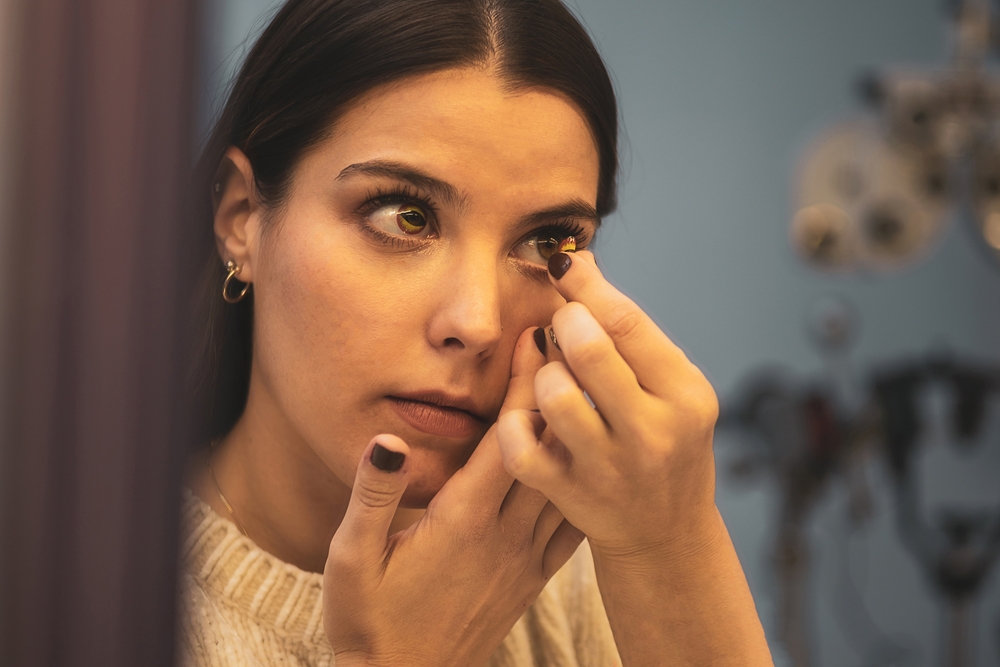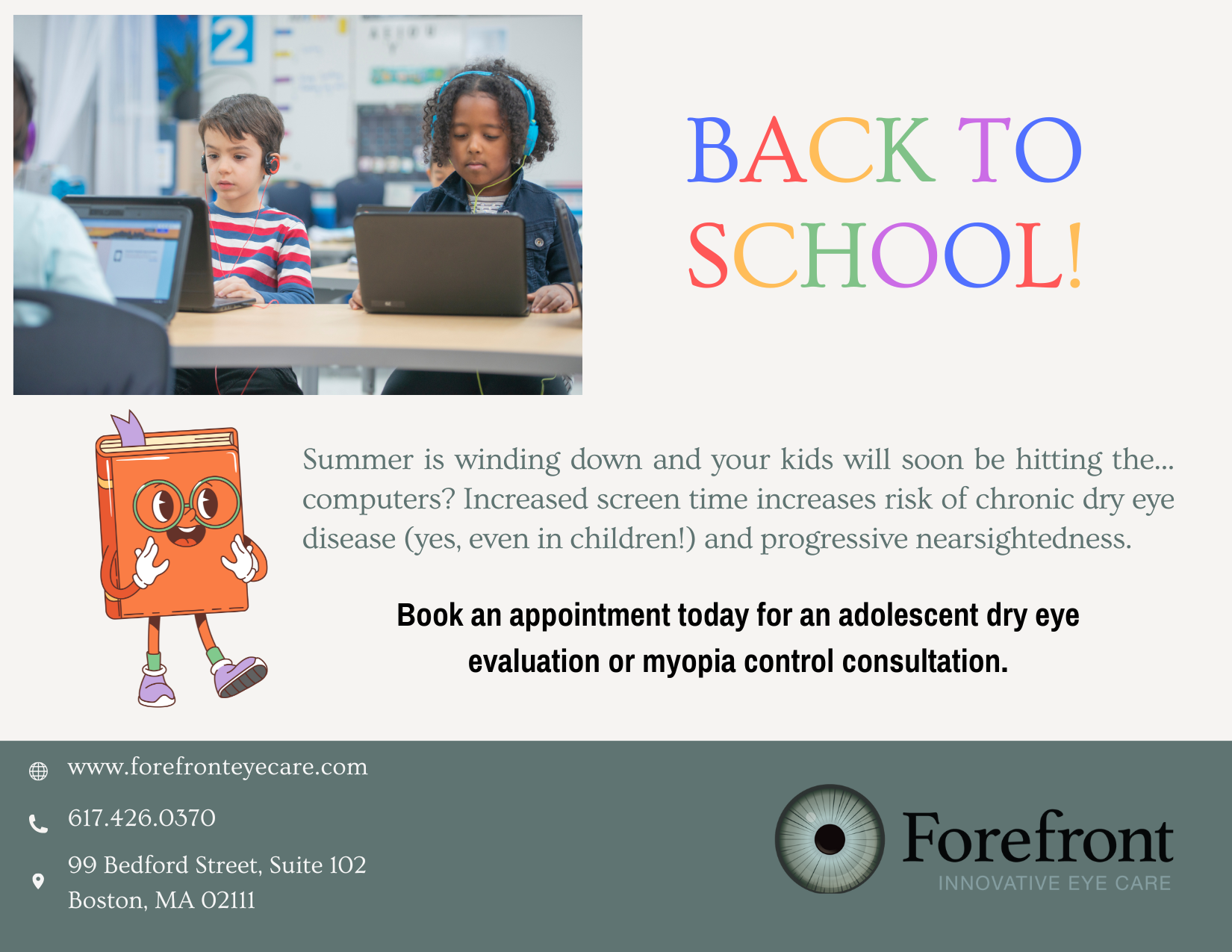
Medical contact lenses can transform the lives of patients with complex eye conditions, providing clear vision and enhanced comfort when traditional lenses or glasses are not enough. However, before prescribing and fitting medical contact lenses, a thorough assessment of eye health is essential. This evaluation helps ensure safety, effectiveness, and long-term eye health.
Comprehensive Eye Exam
The first step is a detailed eye exam. During this process, your doctor will review your medical and ocular history, current symptoms, and any previous lens use. Measuring visual acuity, assessing refractive error, and evaluating overall eye health provide a foundation for determining candidacy.
Corneal Health Evaluation
Since medical contact lenses rest directly on the eye, assessing the cornea is critical. Advanced imaging tools like corneal topography and tomography help map the surface and curvature of the cornea. This allows your provider to identify irregularities such as keratoconus, scarring, or post-surgical changes that may benefit from specialty lenses.
Tear Film and Dry Eye Assessment
A stable tear film is necessary for lens comfort and healthy eyes. Tear quality and production are measured to determine if dry eye disease or other tear-related conditions could interfere with lens wear. In some cases, treatment for dry eyes may be recommended before moving forward with medical contact lenses.
Anterior Segment Health
The health of the conjunctiva, eyelids, and sclera must also be assessed. Conditions such as blepharitis, meibomian gland dysfunction, or conjunctival inflammation can affect lens fit and comfort. Addressing these concerns before lens fitting helps improve success and wearability.
Measuring Oxygen Needs
Oxygen flow to the cornea is vital, especially when wearing specialty contact lenses. Providers assess corneal thickness and lens material to ensure that oxygen permeability is sufficient, reducing the risk of complications such as hypoxia or swelling.
Trial Lens Fitting and Monitoring
Finally, trial lens fitting allows your provider to observe how the lenses interact with your eyes. Follow-up appointments ensure the lenses are not causing redness, irritation, or corneal changes. Ongoing monitoring is key to maintaining eye health while reaping the benefits of medical contact lenses.
Get Expert Care for Your Contact Lens Needs
Assessing eye health for medical contact lens use is a detailed process that requires advanced technology and experienced care. By evaluating corneal shape, tear film, ocular surface health, and oxygen needs, your provider can determine whether medical contact lenses are the right solution for your vision needs.
At Forefront Eye Care, we specialize in fitting medical contact lenses with precision and care. If you’re considering specialty lenses or want to learn if you’re a candidate, schedule your comprehensive eye exam today. Visit our office in Boston, Massachusetts, or call (617) 322-0534 to book an appointment.










